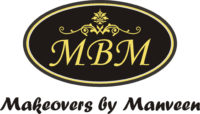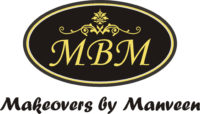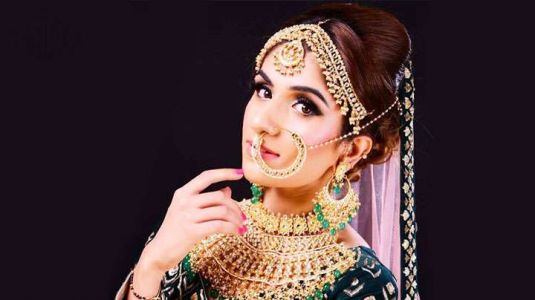Without their “kit”, with any imaginable beauty product, a makeup artist is not even a makeup artist. Makeup artists spend their lives creating the ideal set. Over time, for example, an artist may prefer to use a particular style of a makeup sponge or find out which sort of flat palette fits better in their hand. But as the COVID-19 pandemic has forced a mass transformation of health and safety standards, makeup artists are reconsidering how they work from all perspectives.
The role of a makeup artist is to get as close as possible to the client’s face, while a hairstylist can spend hours in close physical contact with a single customer. With several states starting to reopen for beauty services for weddings and other functions, practitioners are creating new programmes amid the pandemic to remain healthy.
To be able to provide quality services without the possibility of infecting someone with the germs or diseases of the previous customer, any professional makeup artist should have training in sanitation. That said, sadly, it is all too normal for individuals, especially when they are not accountable to someone other than themselves, to take shortcuts. There are many artists for bridal makeup in Delhi who have been trained and checked not only in artistry but also in sanitation protocol. They all are a little more careful than others, if anything; it is not only more sanitary but more time-efficient to use disposables wherever possible while doing three or more services in one case.
Not only the makeup artists use a brush cleanser, but they use an antibacterial cleanser. 70% of alcohol is also considered to be used (not 99% as it evaporates too quickly to kill all bacteria, viruses, etc. entirely). The artists also clean their hands with wipes as well as good old-fashioned water and soap cleansing, not just with sanitizer. Artists, sometimes use their hands as instruments, so to have a clean application, it is more than just sanitizing but washing and removing other debris.
Also, when you are choosing a makeup artist for your intimate wedding, make sure they have a clean kit, clean brushes, and (throw-out) disposable applicators. In particular, when it comes to something liquid (mascara, eyeliner, brow gel, lip gloss, lipstick, eye or lip pencils, etc.), double-dipping is a significant no-no. This is because, in wet/moist conditions, bacteria are happiest and survive best. Pencils should always be sprayed with alcohol, washed between clients and then sharpened.
Eyeliner or lipliner pencils are generally all right, as long as you regularly sharpen them. Liquid eyeliner, lip gloss, liquid lipstick, if it smells, should be changed every three months or earlier. Depending on whether there is a double-dip applicator or not, foundation, concealer, or highlighter or eyeshadow should be replaced every 6-12 months.
Finally, make sure you are clean with your makeup brushes and sponges. Sanitation is essential for crucial tools such as brushes, after each use for sponges (or considers disposables). There are many artists for bridal makeovers in Delhi who take necessary precautions and sanitize the whole makeup kit often.


